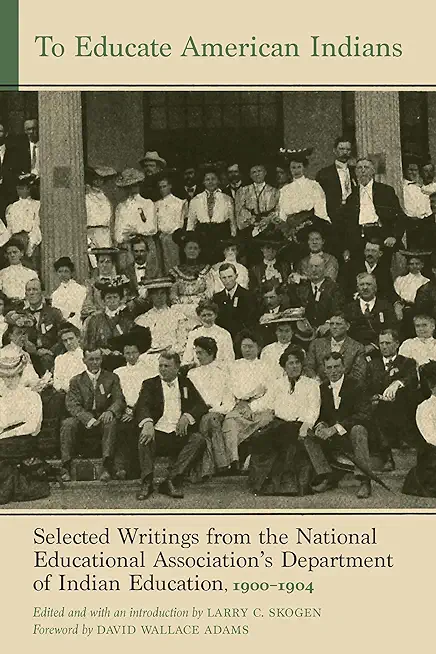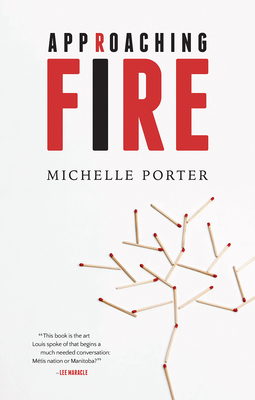
Skogen, Larry C.
product information
description
resents the most complete versions of papers presented at the National Educational Association's Department of Indian Education meetings during a time when the debate about how best to "civilize" Indigenous populations dominated discussions. During this time two philosophies drove the conversation. The first, an Enlightenment era-influenced universalism, held that through an educational alchemy American Indians would become productive, Christianized Americans, distinguishable from their white neighbors only by the color of their skin. Directly confronting the assimilationists' universalism were the progressive educators who, strongly influenced by the era's scientific racism, held the notion that American Indians could never become fully assimilated. Despite these differing views, a frightening ethnocentrism and an honor-bound dedication to "gifting" civilization to Native students dominated the writings of educators from the NEA's Department of Indian Education. For a decade educators gathered at annual meetings and presented papers on how best to educate Native students. Though the NEA Proceedings published these papers, strict guidelines often meant they were heavily edited before publication. In this volume Larry C. Skogen presents many of these unedited papers and gives them historical context for the years 1900 to 1904.
member goods
No member items were found under this heading.
Return Policy
All sales are final
Shipping
No special shipping considerations available.
Shipping fees determined at checkout.







